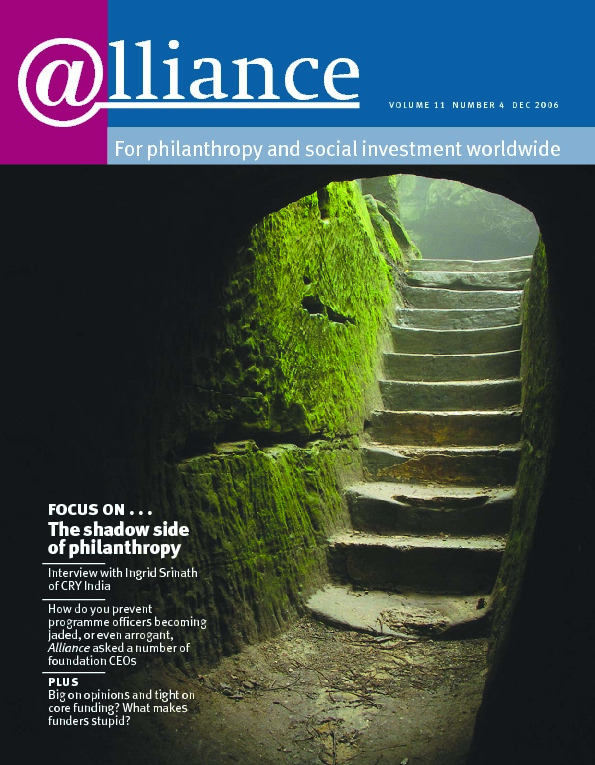The Russian government last month suspended the activities of Human Rights Watch, Amnesty International, the International Republican Institute and more than 90 other foreign NGOs under the working of the country’s new NGO law. Officials said the suspensions resulted simply from the failure of the groups to meet the law’s requirements, not from a political decision on the part of the state. The groups would be allowed to resume work once their registrations are completed, they said. Human Rights Watch’s associate director spoke of the ‘onerous burden’ the new law imposes.
Other groups, however, said they found the registration office helpful. The American Chamber of Commerce, for instance, said Russian officials pointed out errors before the organization formally submitted its documents, allowing it to correct them and expedite the registration. In all, the office has accepted the registrations of 99 foreign organizations, including the Ford Foundation and the Carnegie Moscow Center, officials at the Justice Ministry said.
Source
Washington Post, 20 October 2006
Balkan Incentive Fund for Culture launched
The European Cultural Foundation, Hivos (the Dutch Humanist institute for cooperation with developing countries) and the Open Society Institute have launched a new fund for cultural cooperation projects in and with South-East Europe. The Balkan Incentive Fund for Culture is specifically aimed at cultural projects in Albania, Bosnia and Herzegovina, Croatia, Macedonia, Serbia and Montenegro, and Kosovo. The initial round of funding, in July this year, resulted in grants being made to six projects in Albania, Kosovo, Serbia and Slovenia. The deadline for the next round will be 1 March 2007.
For more information
http://www.eurocult.org/we-support-cultural-cooperation/balkan-incentive-fund-for-culture






Comments (0)